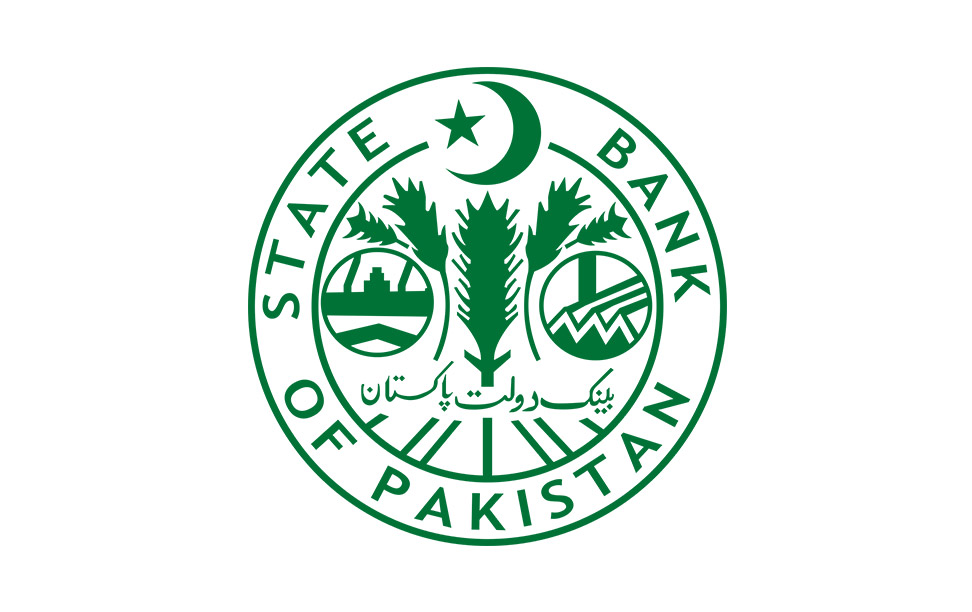April 29, 2024 (MLN): The direct exchange of strikes between Iran and Israel has raised the risks of an escalation of regional conflict beyond Gaza, says Fitch Ratings.
However, Fitch believes the apparent rapid containment of the military exchanges limits the potential for these incidents to have significant ramifications for Israel or other regional sovereigns, as well as global markets.
Fitch estimates that the recent strikes are important as the first direct attacks by Iran and Israel from their territory on that of the other.
Direct attacks could become part of further escalation spirals, particularly if conflict between Israel and Hezbollah, a close ally of Iran, were to escalate substantially.
Israel and its allies successfully intercepted almost all the Iranian strikes, but the apparent willingness of Iran to attack directly raises risks, notably for parts of Israel that we had previously viewed as less at risk from potential intensified clashes with Hezbollah.
Israel’s governance indicators already capture some of the exceptional direct security risks, and the hostile external environment is one driver of a negative notch we apply to Israel’s rating relative to our Sovereign Rating Model outcome.
However, a further escalation could still cause a downgrade of Israel, given the sovereign’s limited headroom at its current ‘A+’ rating. This is reflected in the Negative Outlook on the rating.
Jordan (BB-/Stable) has a record of maintaining domestic economic and political stability despite external shocks, including regional social instability like the Arab Spring and wars in neighbouring countries, notably Iraq and Syria.
Still, these shocks led to lower economic growth and significant government debt build-up. Risks to external finances are mitigated by resilient international support, including a recent $1.2 billion four-year IMF Extended Fund Facility, and adequate international reserves.
Nevertheless, if the war in Gaza is extended beyond 1H24 or broadened at a regional level, it could increase headwinds to economic growth and challenges to fiscal consolidation, even if it does not involve Jordan directly.
Escalating regional conflict would present risks to tourism and Suez Canal receipts in Egypt (B-/Stable), weighing further on the current account deficit.
However, Egypt’s recent Ras al-Hekma deal and greater exchange-rate flexibility, which have unlocked additional financing from international financial institutions and non-resident inflows into its domestic debt market, have markedly reduced near-term external financing risks, and vulnerability to geopolitical events.
Increased regional conflict could draw in Iran-backed militias in Iraq (B-/Stable). Security challenges already weigh heavily on Iraq’s governance indicators, and the space for further deterioration is limited.
However, the materialization of recent investment commitments by US energy-sector firms could be hindered if the militias increase targeting of US interests in Iraq, which would weigh on economic growth and export prospects.
Associated downside risks for Iraq’s public finances and credit metrics could be partially or fully offset if such a scenario also lifts oil prices.
The geopolitical risk premium in oil prices has risen since the end of 2023, illustrating the potential for Middle East tensions to interrupt oil trading routes.
The improvement in relations between Iran and members of the Gulf Cooperation Council (GCC) in recent months does not seem to have been set back by recent developments.
This, coupled with pressure from China (which heavily relies on Middle Eastern oil), should keep the risk of a closure of the Strait of Hormuz very low.
If the Strait did close, the effects on oil prices, GCC sovereigns (especially those with modest fiscal and external buffers), and the global economy could be significant.
Risks to Red Sea shipping traffic from an additional escalation of conflict are mitigated by the fact that it has already been substantially reduced by regional violence.
Copyright Mettis Link News
Posted on: 2024-04-29T10:43:00+05:00







